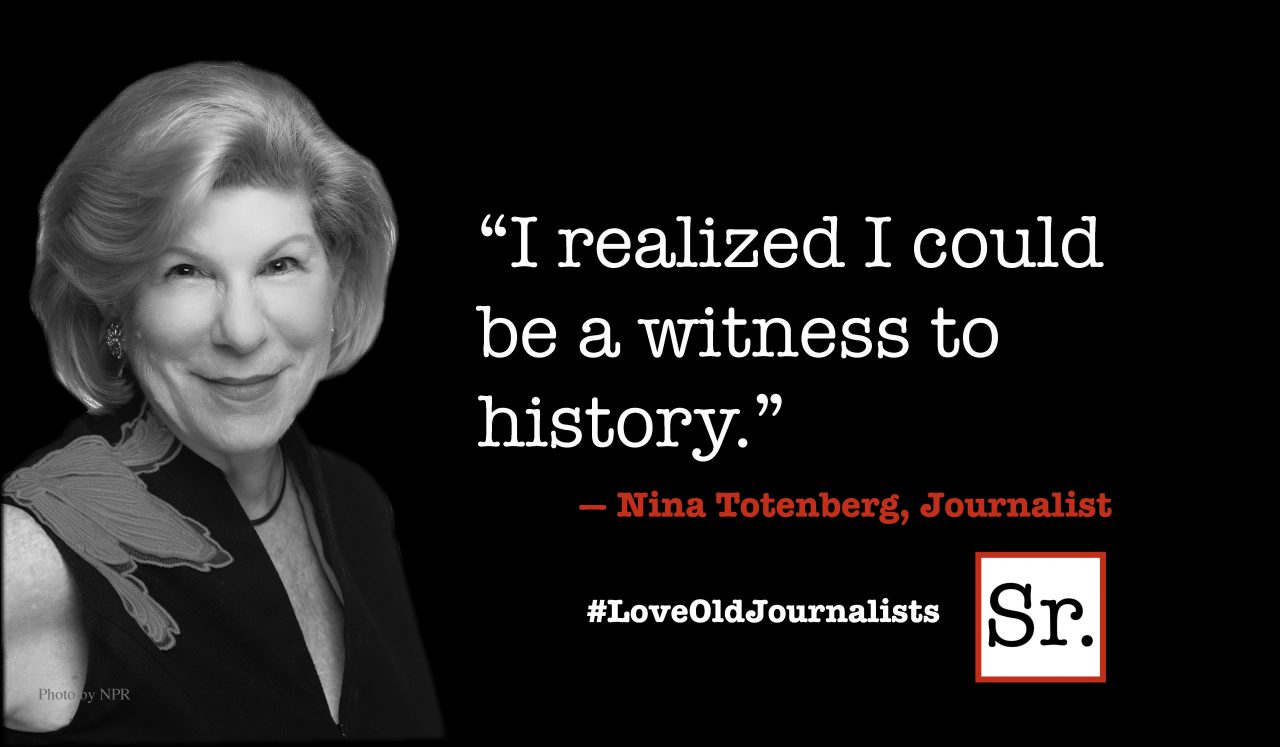Whatever else you might believe about me as you read these columns, the root and heart of my commitments flow from that manger child. This week I want to tell you how my life is shaped by Jesus. It all begins with the Christmas story. Some time before Jesus’ birth, a pregnant Mary visited her kinswoman, Elizabeth. Mary felt blessed by God and sang an ancient song, which included these words. “God has brought down the powerful from their thrones, and lifted up the lowly. God has filled the hungry with good things, and the rich God has sent away empty.”
Mary’s child was subsequently born in a barn. His first visitors were rural boys, whose bottom-rung job was to protect a flock of sheep during the long Judean nights. When the powerful sought to kill this infant, Jesus and his parents escaped to Egypt. He grew up among nobodies in a town about which it was said, “Nothing good will ever come from Nazareth.” His father was a common craftsman, and his friends were fishermen. In his first sermon, delivered in his hometown, he outlined what was to be his life’s work. The text he chose came from the prophet Isaiah, who had lived centuries before. “God has anointed me to bring good news to the poor…to proclaim release to the captives…sight to the blind and freedom to the oppressed.”
And that was the commitment by which he lived and worked until the entrenched had enough of his social radicalism and executed him along with two common criminals.
His three-year ministry centered on welcoming all those the well-placed in society despised and belittled. Among them were the poor, who “heard him gladly” the diseased, government underlings, foreigners, prodigals, Samaritans, children, women, the mentally ill and a sturdy collection of other nobodies. Here were the very people his mother had affirmed before his birth and to whom he had committed himself in his first sermon.
It is interesting that many of the stories which have been generated in the secular readings of the Christmas account, also identify the nobodies as the heroes.
“All of the other reindeer laughed, and used to call him names.
They never let poor Rudoph join in any reindeer games.”
It was the littlest angel who hung the star. It was “The Other Wiseman” in Henry Van Dyke’s story, who somehow understood the profundities of the holy birth. The child, Emil, secretly arrived with the Eastern sages and alone discerned the meaning of their night visit. It was the “little drummer boy,” whose “pa rum pum pum pum” was the humble gift that made the baby smile. Here were nobodies who became somebodies. And that is the heart of the gospel; the good news of Jesus.
If Jesus, his birth, life and ministry, has been the guide and example for all I believe and do, my commitments must continue to be clear. Justice for the nobodies, the left out, the poor and oppressed must remain at the center of my life. The implications for how I relate to individuals and what I want to be the goals of society at large must be determined by that ethical imperative. My profound regret is that I have often failed miserably to live up to that vision.
I have often been asked about the relationship between these columns and my faith. In the Christian world, including the church, I speak “religionese.” In the larger world I speak “secularese,” which is really just a translation of “religionese.” But it encapsulates the same ethical imperatives, shed of doctrine. In his biographies Jesus never said, “believe in me,” but only “follow me.” Beginning with Mary’s song, that vision describes what the world might look like if God’s reign would come on earth as it is in heaven. And it all begins with compassion for the left out one at a time, and social justice for the all world’s nobodies.
Beginning with that social imperative, I have endeavored, often poorly, to stand with those for whom the well-placed in the world have little regard—the nobodies he believed to be somebodies, and treated them that way.








